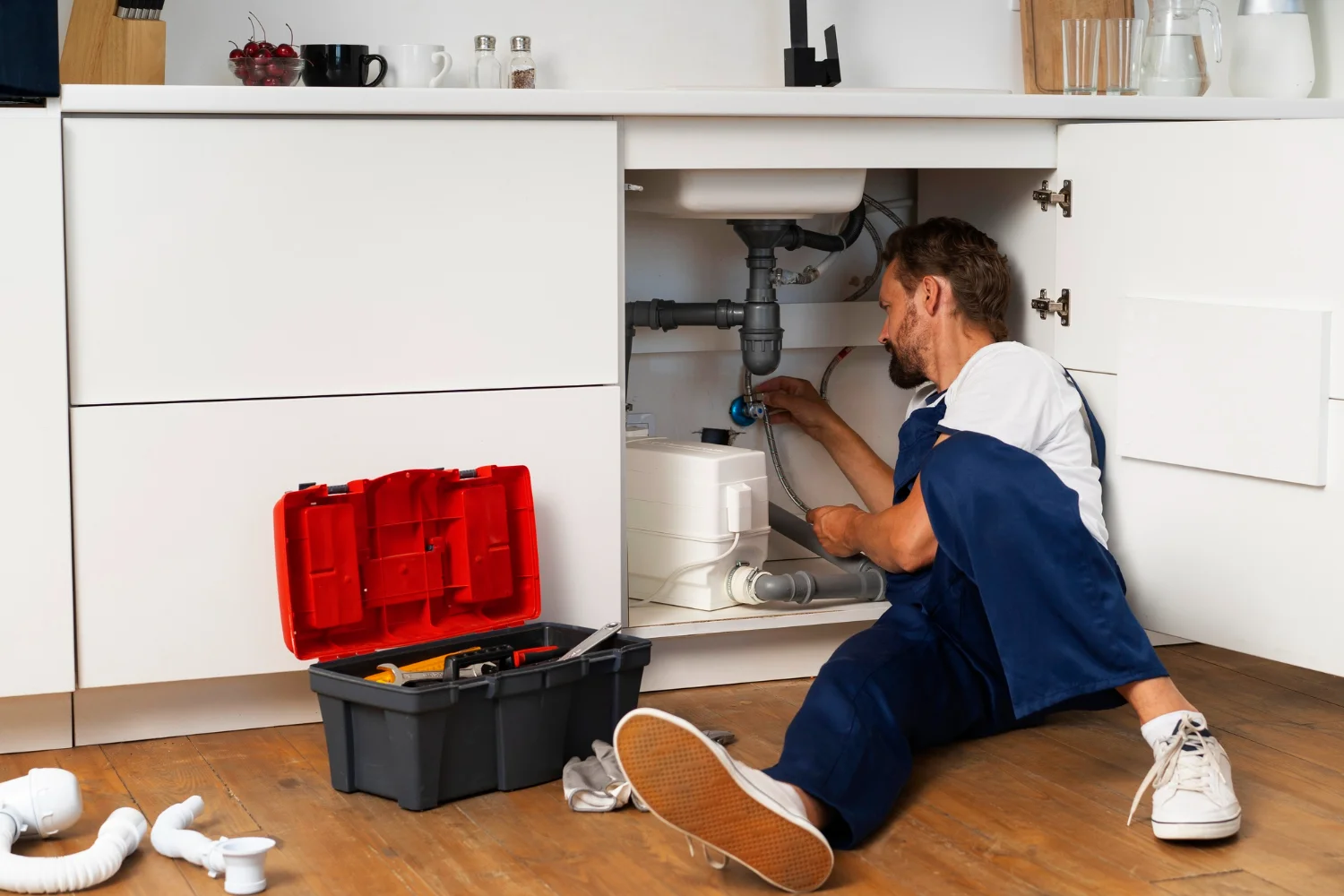Clean and safe drinking water is essential for every household, and in a busy city like Melbourne, many residents are turning to Water Filter Installation to ensure their families enjoy healthy, purified water every day. Whether you’re new to the idea of water filters or planning to upgrade your existing system, having the right information before you start can save you time, money, and hassle.
This guide will walk you through everything you need to know about Water Filter Installation in Melbourne—from the benefits and preparation steps to expert tips, maintenance advice, and answers to the most frequently asked questions.
Why Consider Water Filter Installation in Melbourne?
Melbourne’s water is generally considered clean and treated to high safety standards. However, many households still choose filtration systems for added protection against impurities, heavy metals, chlorine, and bacteria. Installing a water filter also improves taste, reduces odours, and provides peace of mind for families concerned about water quality.
Some of the most common reasons include:
-
Better Taste: Filters reduce chlorine and other chemicals that affect flavour.
-
Health Benefits: Removal of heavy metals, sediments, and bacteria.
-
Cost Savings: Less reliance on bottled water.
-
Eco-Friendly Choice: Reduces plastic waste from bottled water consumption.
Types of Water Filters Available in Melbourne
When planning a Water Filter Installation, it’s important to understand the types of systems available. Each has unique advantages and is suited to different households.
-
Carbon Filters – These are the most common and effective for removing chlorine, sediment, and organic compounds. They improve taste and odour significantly.
-
Reverse Osmosis Filters – Highly effective at removing dissolved solids, fluoride, and heavy metals. Ideal for households seeking the highest level of purification.
-
UV Filters – Use ultraviolet light to kill bacteria and viruses. These are often combined with carbon filters for complete protection.
-
Ceramic Filters – Durable and effective at filtering bacteria and sediment.
-
Whole-House Filters – Installed at the point where water enters your home, ensuring every tap and appliance receives filtered water.
Choosing the right type depends on your water quality test results, budget, and household needs.
Preparing for Water Filter Installation
Before you begin the installation process, there are a few important things to consider:
-
Choose the Right Filter Type
-
Check Water Quality
-
Know Your Plumbing Setup
-
Budget Considerations
Step-by-Step Tips for Successful Water Filter Installation
Installing a water filter is not overly complicated, but careful planning makes the process smoother.
1. Select the Right Location
The filter should be installed in an accessible area, ideally near the main water line or under the kitchen sink. Easy access ensures smooth filter replacement later.
2. Gather Necessary Tools
You’ll typically need an adjustable wrench, drill, Teflon tape, and the filter installation kit. Having everything on hand avoids interruptions.
3. Shut Off the Water Supply
Before cutting into any pipes or attaching fittings, always turn off the main water supply to prevent leaks and flooding.
4. Follow Manufacturer Instructions
Every filter brand has unique installation steps. Reading the instructions carefully ensures proper fitting and avoids voiding warranties.
5. Secure Connections Properly
Use Teflon tape on threaded connections to prevent leaks. Ensure all fittings are tightened but not over-tightened.
6. Flush the Filter Before Use
Once installed, run water through the filter for several minutes to flush out carbon dust or any residual particles.
Local Considerations for Melbourne Households
While Melbourne is known for having some of the cleanest urban water in the world, water quality can still vary depending on:
-
Suburb Infrastructure: Some older pipes may introduce sediment or rust.
-
Apartment vs. House Installations: Units often require compact under-sink systems, while homes can benefit from whole-house setups.
-
Water Hardness: Certain areas experience mild water hardness, which can affect appliances.
By understanding these local factors, residents can make smarter choices about Water Filter Installation in Melbourne that meet their specific household conditions.
Professional vs DIY Installation in Melbourne
While many homeowners successfully complete DIY Water Filter Installation, hiring a professional plumber can be a smart investment if you lack experience. Professionals ensure compliance with Melbourne plumbing codes, provide guarantees, and minimize the risk of leaks or damage.
For many families, the decision comes down to budget and confidence in handling plumbing tasks.
Maintenance Tips for Water Filter Longevity
Installing a water filter is only the first step—regular maintenance keeps it effective.
-
Change Cartridges on Time: Most filters need replacement every 6–12 months.
-
Check for Leaks: Inspect fittings regularly.
-
Clean Housing Units: Prevent bacterial build-up.
-
Schedule Professional Inspections: Especially for whole-house and reverse osmosis systems.
For official Melbourne water quality reports and testing standards, you can visit Victoria’s Department of Health Water Quality Guidelines.
Comparing Filter Options: Which Is Best for Melbourne?
When deciding on Water Filter Installation, it helps to compare the main systems:
| Filter Type | Strengths | Weaknesses | Best For |
|---|---|---|---|
| Carbon Filter | Affordable, easy to maintain | Doesn’t remove dissolved solids | Everyday households |
| Reverse Osmosis | Highest purity level | Higher cost, more water wastage | Health-focused families |
| UV Filter | Kills bacteria/viruses | Doesn’t remove chemicals | Homes in older suburbs |
| Whole-House Filter | Entire home protection | Higher upfront cost | Large families or households with appliances |
This comparison makes it clear there’s no one-size-fits-all solution. Instead, Water Filter Installation in Melbourne should be tailored to your household’s needs.
Common Mistakes to Avoid
-
Ignoring Water Pressure: Low pressure reduces filter efficiency.
-
Incorrect Sizing: Choosing a filter that doesn’t match household usage.
-
Skipping Maintenance: A clogged filter can be worse than no filter at all.
-
Improper Installation: Loose fittings can cause leaks and water damage.
Benefits of Water Filter Installation for Melbourne Homes
-
Healthier Drinking Water – Protection from contaminants.
-
Enhanced Cooking Experience – Better taste in food and beverages.
-
Extended Appliance Life – Reduces scale build-up in kettles and coffee machines.
-
Family Safety – Extra assurance for children, elderly, or immune-compromised members.
Choosing the Best Water Filter Installation
Investing in Water Filter Installation in Melbourne is one of the best ways to ensure long-term health, safety, and convenience for your family. By choosing the right system, following correct installation procedures, and committing to regular maintenance, you can enjoy clean, fresh-tasting water for years to come.
Beyond the immediate benefits, a well-installed water filter also contributes to sustainability by reducing reliance on bottled water and minimizing household plastic waste. It’s an investment not just in your health, but also in the environment. With so many reliable filter options available, Melbourne residents have the flexibility to select a system that perfectly suits their lifestyle. Ultimately, prioritizing water quality is one of the simplest yet most effective steps you can take toward a healthier home.
FAQs About Water Filter Installation in Melbourne
-
Do I need a plumber for water filter installation?
Not always. Some filters are DIY-friendly, but professional help is recommended for under-sink and whole-house systems.
-
How much does water filter installation cost in Melbourne?
Costs range from $150–$600 depending on system type and complexity. Whole-house systems are generally more expensive.
-
How often should I change my filter cartridges?
Most need replacement every 6–12 months, though this depends on water quality and household usage.



